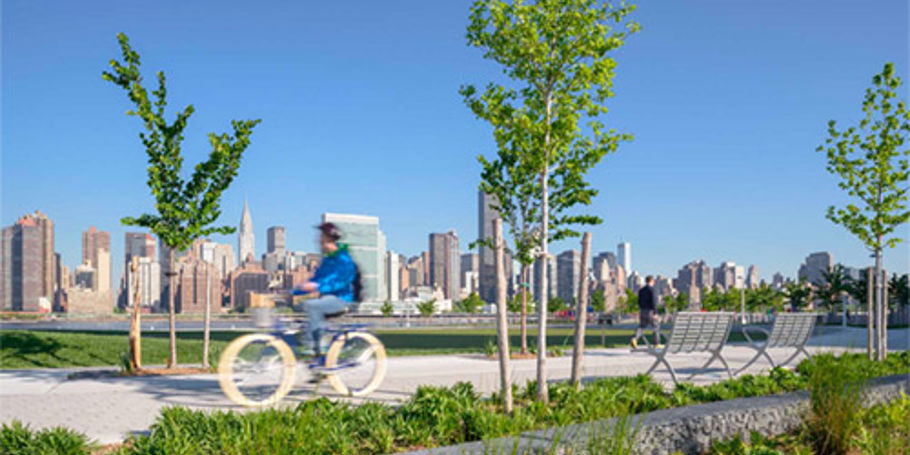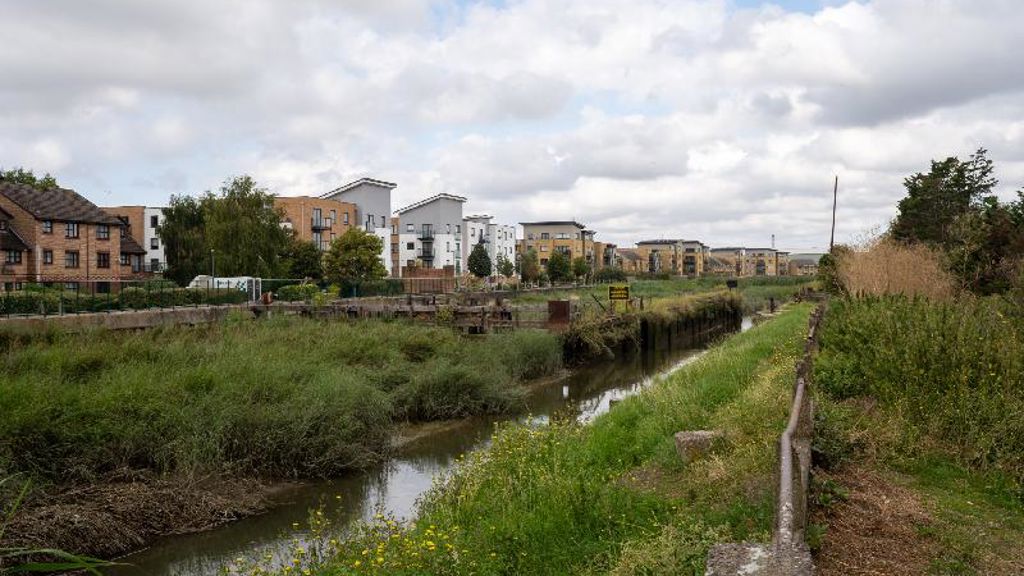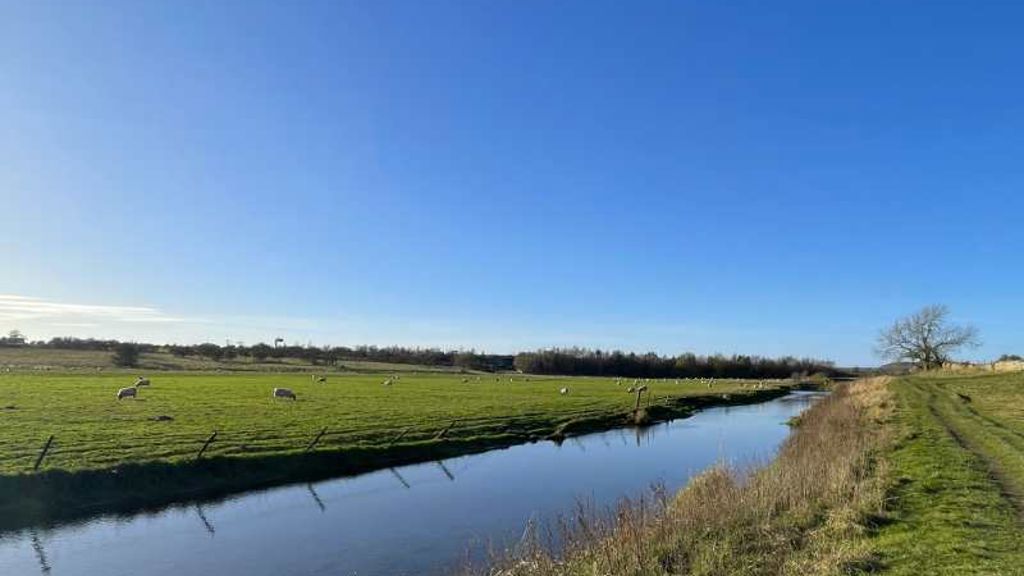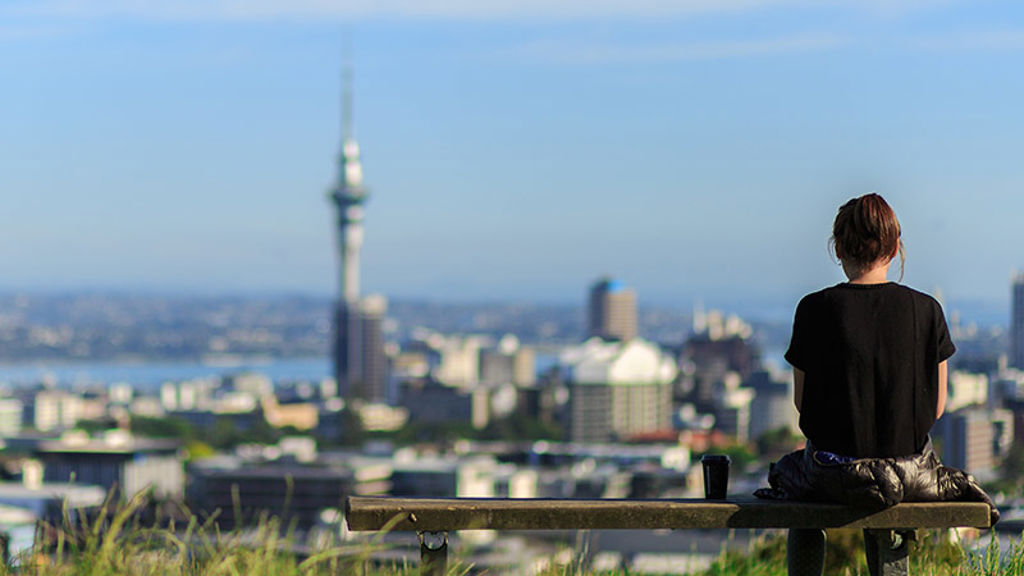Making cities more resilient through urban design
Green Cities Action plans help cities thrive and become more resilient by creating bankable projects and viable policies to improve quality of life and prepare for future challenges. Committing to green investments, Ankara will use the GCAP to identify investable projects, programmes and policy actions to mitigate climate shocks and revitalise the city.
To build a greener future for residents, Ankara’s GCAP will target sustainability challenges in several focus areas: climate mitigation, adaption and resilience; energy consumption and transport; water and waste management; biodiversity, air quality and urban planning; as well as finance and economics, gender equality and social inclusion.
Arup’s team of experts identified 28 actions to overcome challenges across strategic sectors. The potential initiatives include air quality monitoring, developing a green belt and transforming Ankara into a ‘sponge city’, developing the rail system network, targeting social inclusion of vulnerable groups, and implementing digital infrastructure for waste treatment.
Our urban design and sustainability specialists conducted cross-sector baseline risk and vulnerabilities assessments, as well as smart maturity and technical assessments, and designed a set of actions to reduce the effects of identified pressures and challenges. All the prioritised actions included budget and cost estimates including base capital expenditure (CAPEX), operational costs (OPEX) and contingencies during implementation, with clearly identified financing options to bring them to life.
Ankara's Metropolitan Municipality has already begun to implement measures to reach climate neutrality and to mitigate shocks and revitalise the city, contributing to Türkiye's goal for climate neutrality by 2053.








